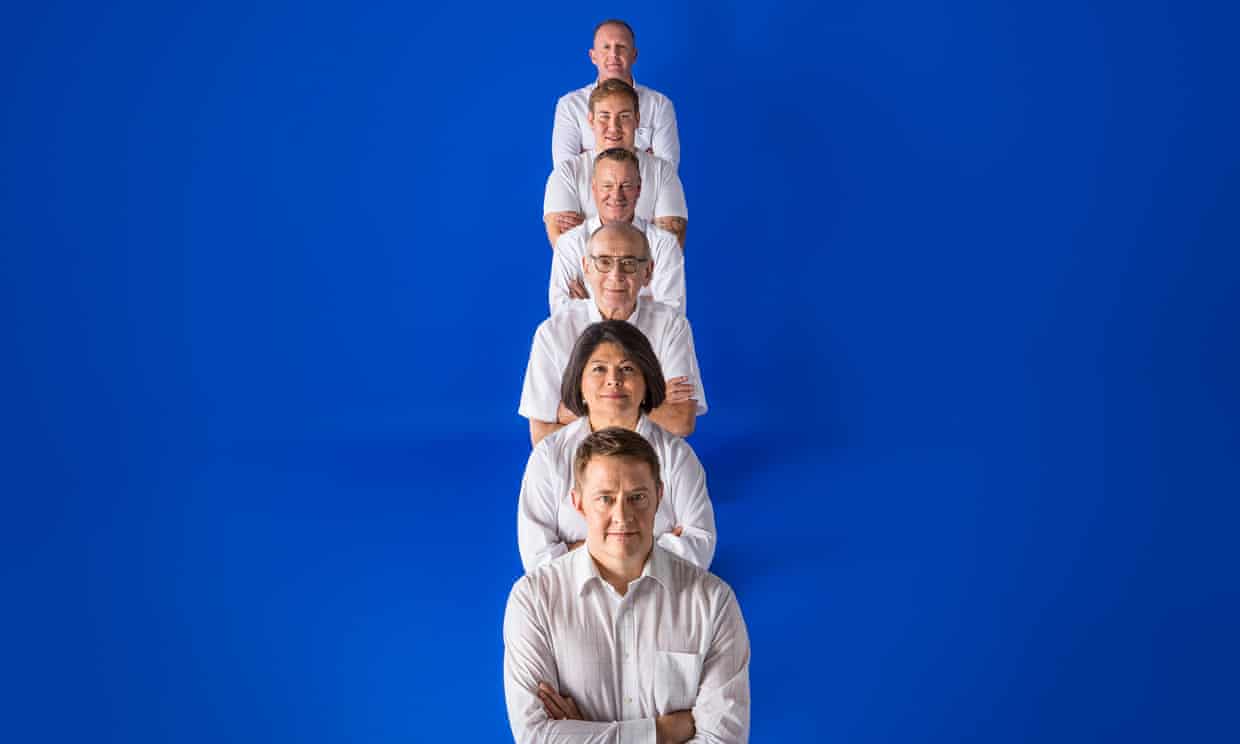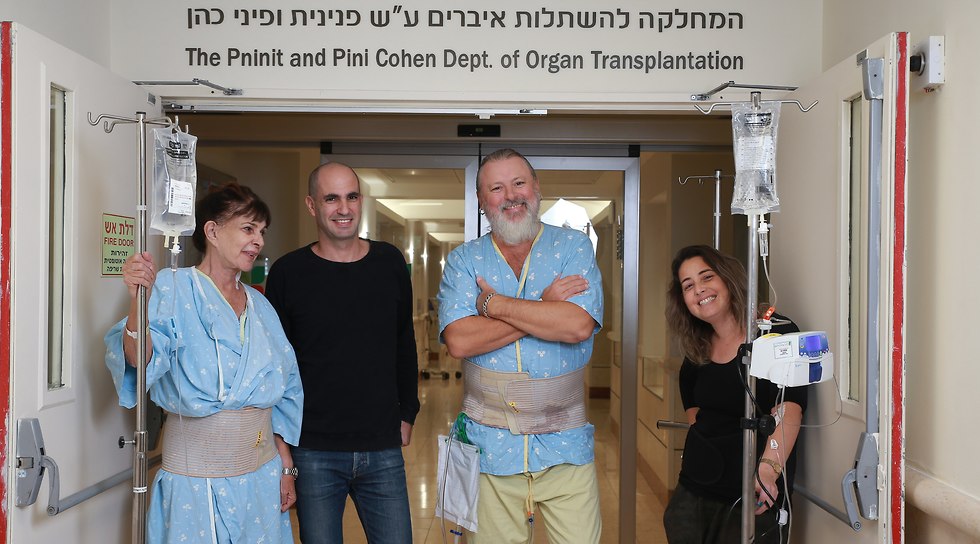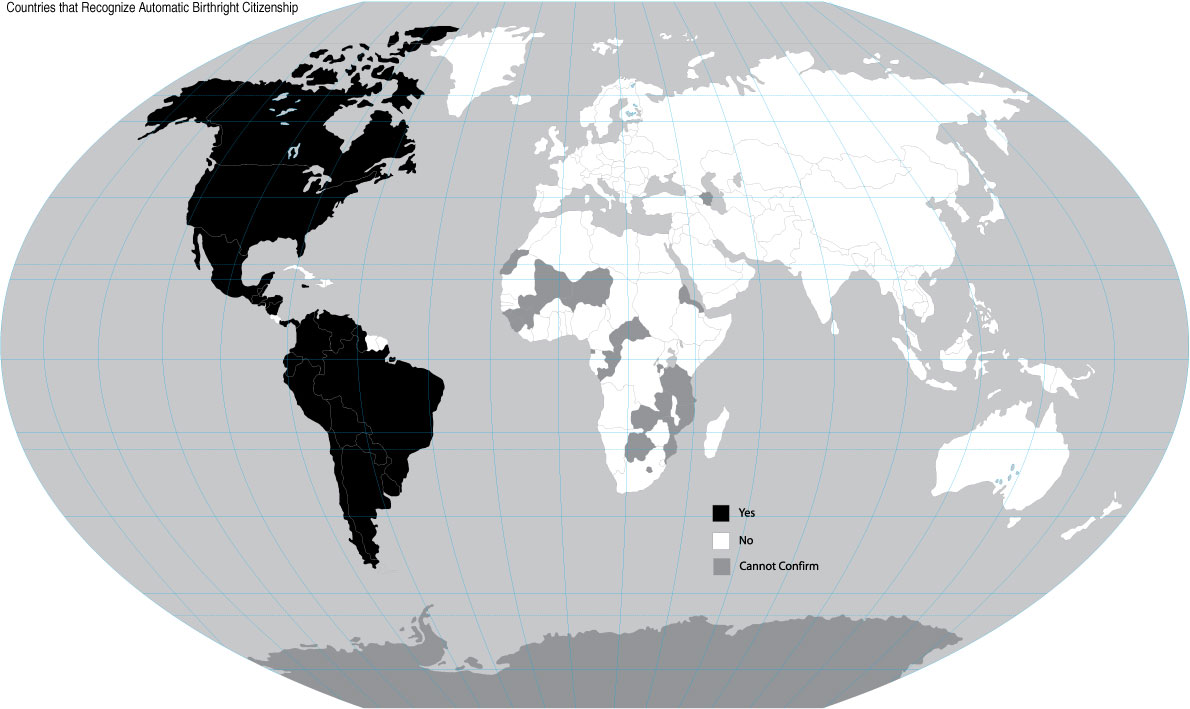At the ASSA meetings this morning, I'll be discussing a session called
Economics and Engineering: Institutions, Practices and Cultures
Friday,
Jan. 4, 2019 8:00
AM - 10:00 AM
Atlanta Marriott Marquis, Imperial Ballroom
Hosted By: American Economic Association & American Finance Association
Atlanta Marriott Marquis, Marquis Ballroom A
Hosted By: NATIONAL ASSOCIATION FOR BUSINESS ECONOMICS
Economics and Engineering: Institutions, Practices and Cultures
Paper
Session
Friday,
Jan. 4, 2019 8:00
AM - 10:00 AM
Hilton Atlanta, 405
Hosted By: HISTORY
OF ECONOMICS SOCIETY
·
Chair: Pedro Garcia Duarte, University of São Paulo
Engineering, Management Science, and American Economics, 1900 – 1940
Engineering and Economics at Stanford, 1950-1990
German Fears in Economic Engineering: An Affective Criticism
Discussant(s)
Alvin Roth
*****************
I can't yet be sure what I'll say, but in my discussion of engineering and economics at Stanford I'll surely show a photo or two of Bob Wilson, maybe this old one:
 |
| Bob Wilson and Al Roth, Stanford IMSSS, 197x |
*************
Later in the day (after some job-market interviewing) I plan to attend the
AEA/AFA Joint Luncheon
Friday, Jan. 4, 2019 12:30 PM - 2:15 PM
- Chair: Ben Bernanke, Brookings Institution
- Speaker: Susan Athey, Stanford University: The Impact of Machine Learning on Econometrics and Economics
- ************
Since I haven't figured out how to be in two places at once, I'll miss
Putting the "Ec" in Tech: Economics at Tech Firms
Paper Session
Friday, Jan. 4, 2019 12:30 PM - 2:15 PM
- Chair: Carolyn Evans, Intel Corp.
How Artificial Intelligence and Machine Learning Can Impact Market Design
Economics at Uber
Digital Disintermediation and Efficiency in the Market for Ideas
A Machine Learned, Real Time Measure of the Rate of Inflation
****************
- Later, if the creeks don't rise, I hope to attend
Market Design for Online Platforms
Friday, Jan. 4, 2019 2:30 PM - 4:30 PM
Hilton Atlanta, 223Hosted By: ECONOMIC SCIENCE ASSOCIATION· Chair: Yan Chen, University of MichiganToward an Understanding of the Economics of Apologies: Evidence from a Large-scale Natural Field Experiment
Basil Halperin,Uber Technologies IncBenjamin Ho,Vassar CollegeJohn A. List,University of Chicago, NBER, Uber Technologies Inc.Ian Muir,Uber Technologies IncThe Design of Feedback Revision Rules - An Experimental Study
Gary Bolton,University of Texas-DallasKevin Breuer,University of CologneBen Greiner,Vienna University of Economics and BusinessAxel Ockenfels,University of CologneTeam Competition and Driver Productivity in Ride-sharing: A Natural Field Experiment at Didi
Wei Ai,University of MichiganYan Chen,University of MichiganQiaozhu Mei,University of MichiganJieping Ye,University of Michigan and Didi Chuxing Inc.Lingyo Zhang,Didi Chuxing Inc.Discussant(s)
Laura Gee,Tufts UniversityChiara Farronato,Harvard UniversityStephanie Wang,University of PittsburghChenyu Yang,University of Rochester***********- and at 4:45
- Richard T. Ely Lecture Presiding: Ben Bernanke Speaker: David Autor, Massachusetts Institute of Technology Topic: Work of the Past, Work of the Future





